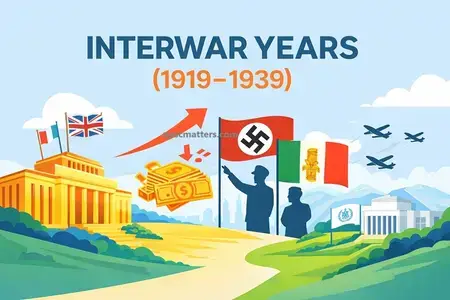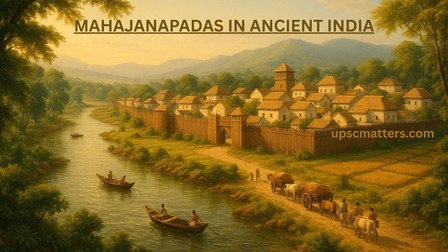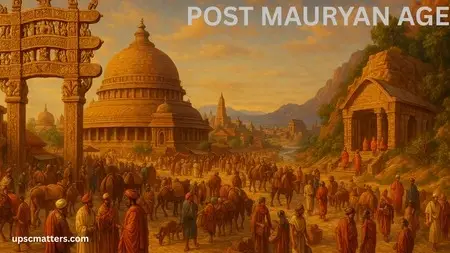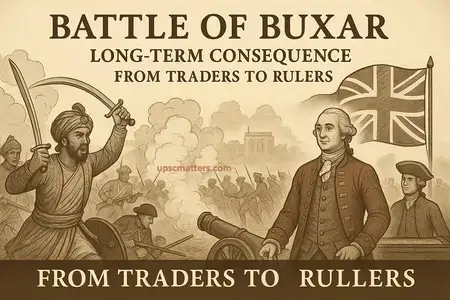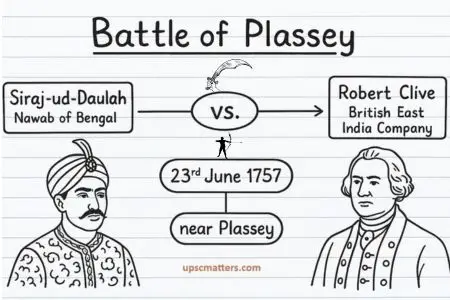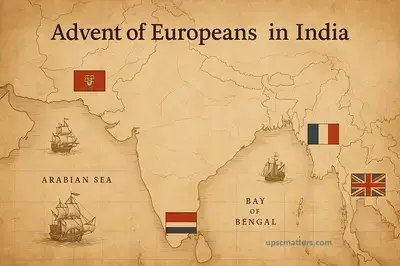Interwar Years (1919–1939) for UPSC: From World War I to World War II
Introduction: Interwar Years (1919–1939) The Interwar Years (1919–1939) represent one of the most unstable and decisive phases of modern world history. Instead of ensuring lasting peace, the post–World War I settlement created political, economic, and social conditions that undermined democracies and encouraged aggressive authoritarian regimes. For UPSC aspirants, the interwar period is crucial to understand … Read more

